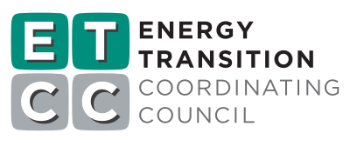California Zero-emission Appliance Awareness Study
Project Number SCE23PC0002 Organization SCE End-use Cooking Equipment, HVAC, Other, Water Heating/DHW/HPWH Sector Residential Project Year(s) 2022 - 2022The California Air Resources Board and Southern California Edison recognized the need for robust primary research among key decision-makers to help California achieve the state’s ambitious climate goals – specifically through the adoption of zero-emission appliances such as heat pump water heaters, induction stoves, central heat pumps, mini-split or ductless heat pumps, and heat pump clothes dryers. To that end, three surveys were conducted by Pacific Consulting Group – a survey of 2,014 California homeowners and renters, a survey of 211 California builders, and survey of 221 California landlords– with a series of 16 in-depth interviews employed among builders and landlords. The research shows that in principle, homeowners and renters are on board across demographic groups and audiences, but there is more work to be done to increase awareness that leads to adoption. Builders in California, and to a lesser degree landlords in California, are more aware of environmentally friendly options, but they need buy-in and expressed permission from consumers, whose preferences have a direct effect on their bottom lines.
Key findings from the research include, but are not limited to, the following:
- Californians hold pro-environmental views. This benefits those seeking zero-emission appliance/system adoption.
- Consumers are confused and often misinformed about the benefits of gas vs. electric – especially the financial benefits.
- Consumers have much to learn about electric appliances.
- Builders and landlords are more informed, and they prefer electric appliances/systems to gas in nearly all scenarios.
- Educating consumers around how these appliances/systems work and benefit consumers is likely to be successful.
- Education of builders and landlords is also likely to be successful; however, robust incentives are necessary to help defray the expenses.
- The most effective messages for consumers appeal to economic and health considerations, rather than purely environmental considerations.
